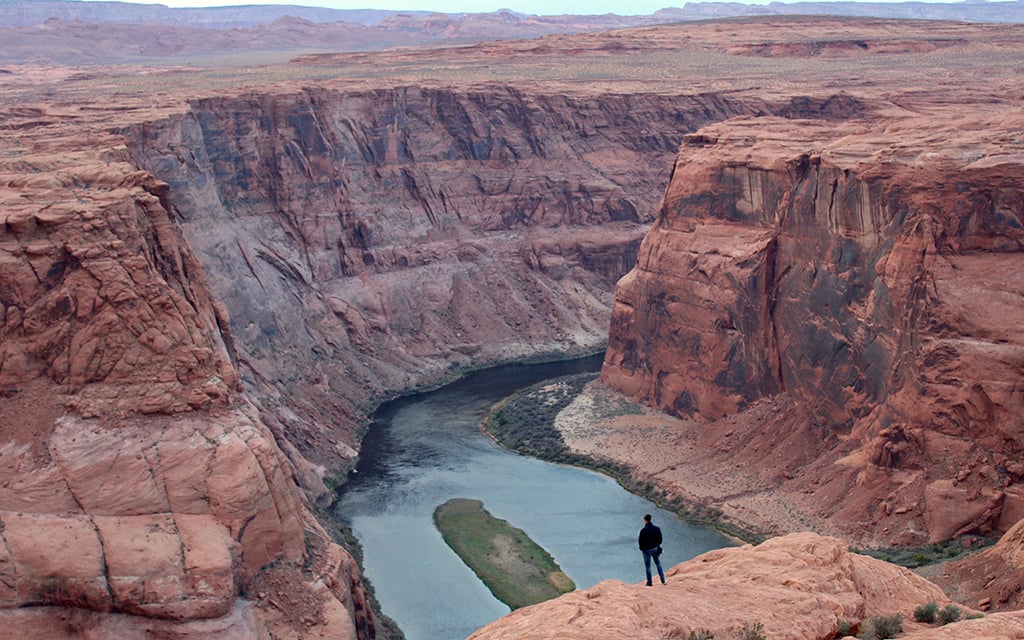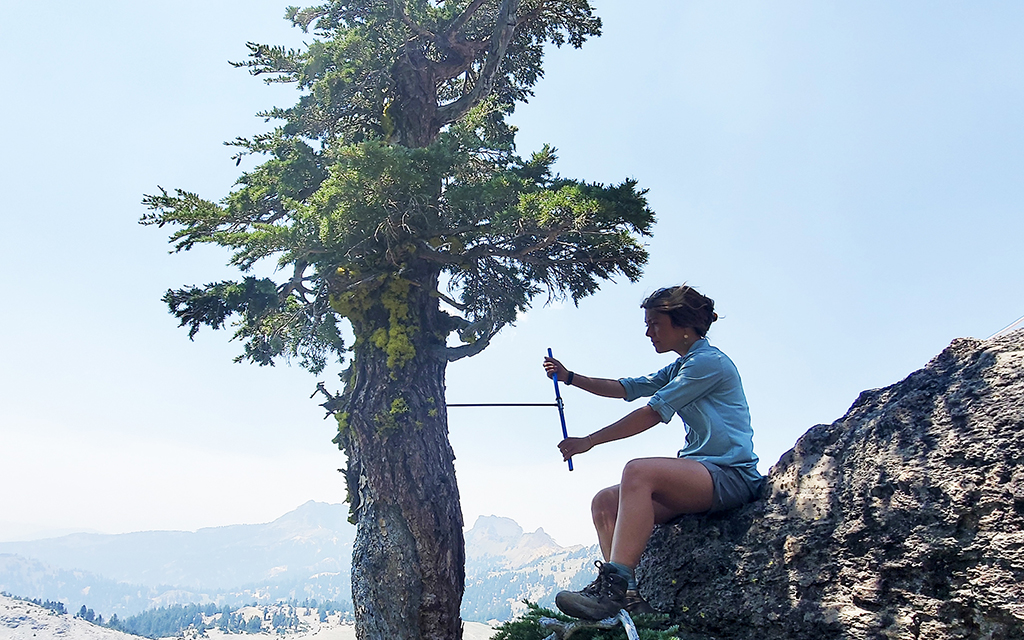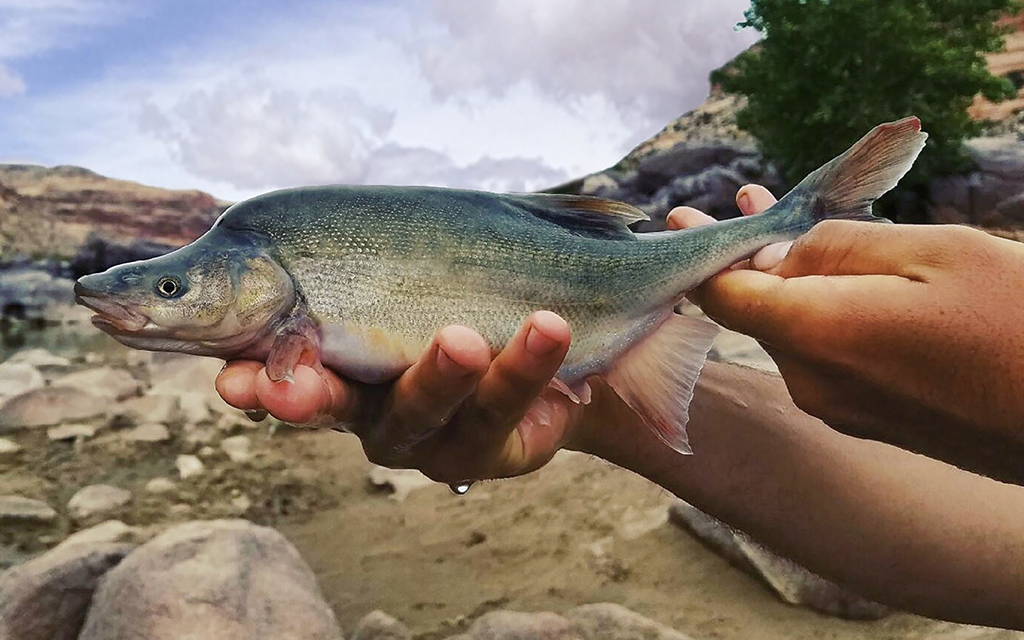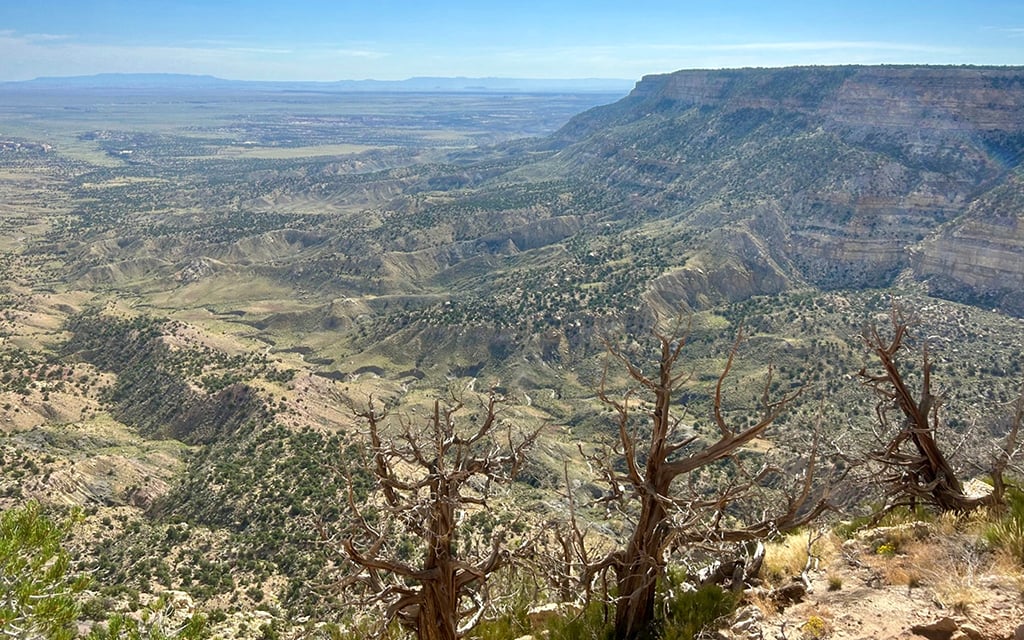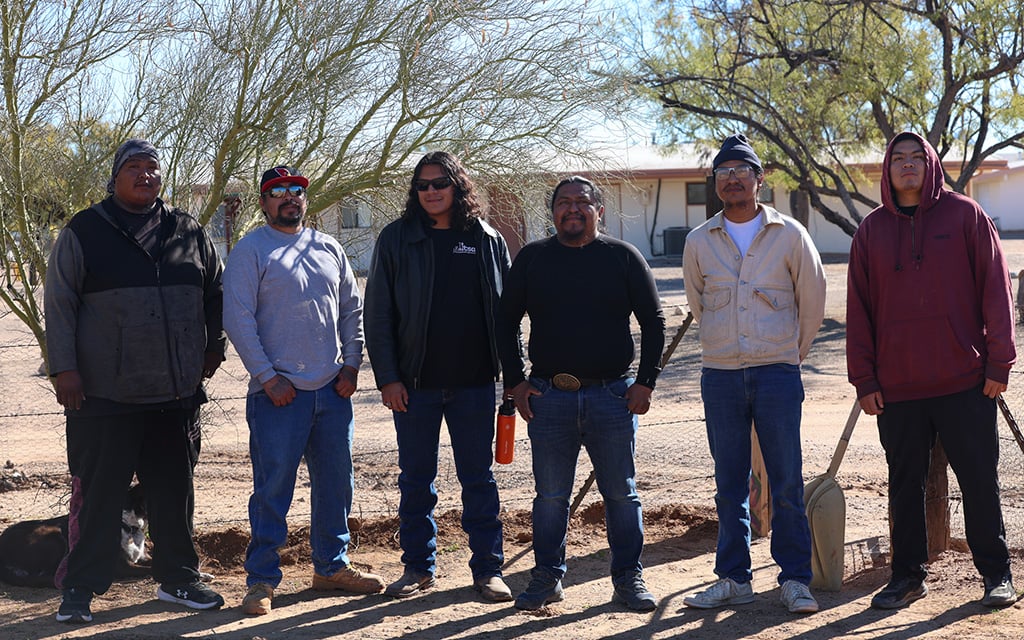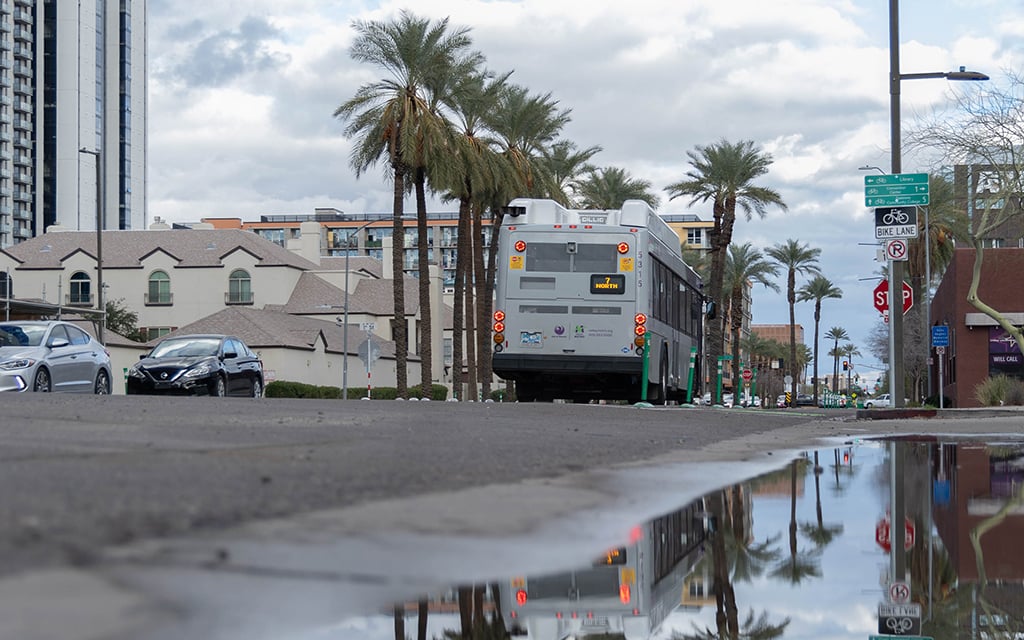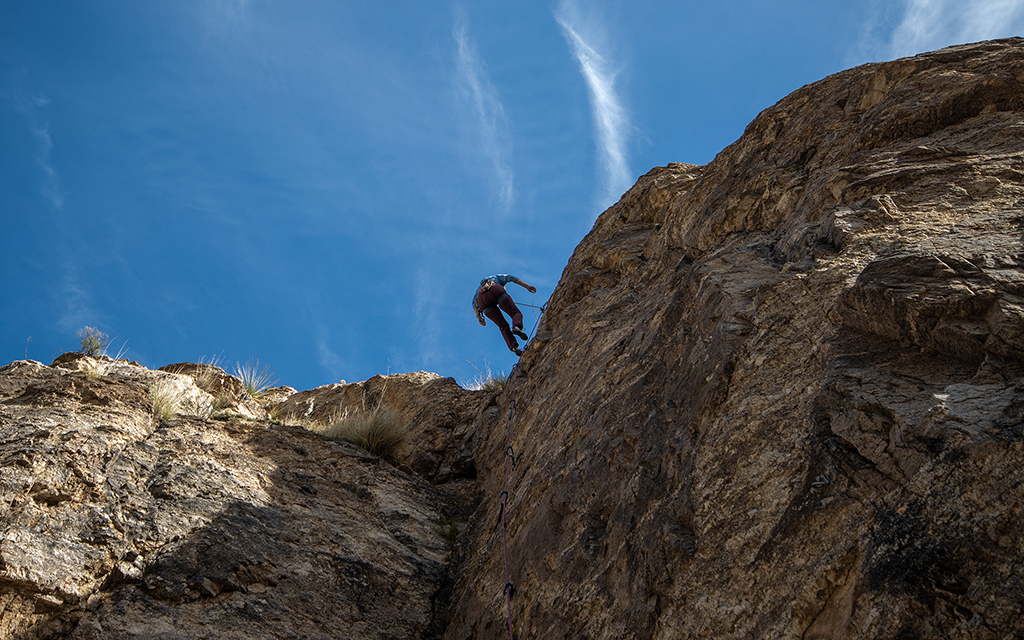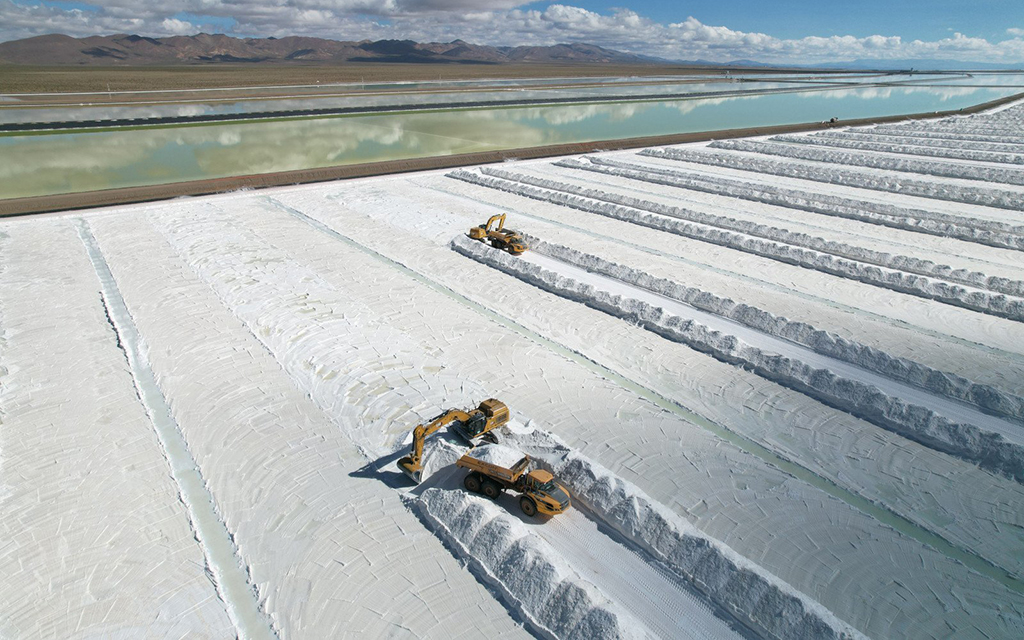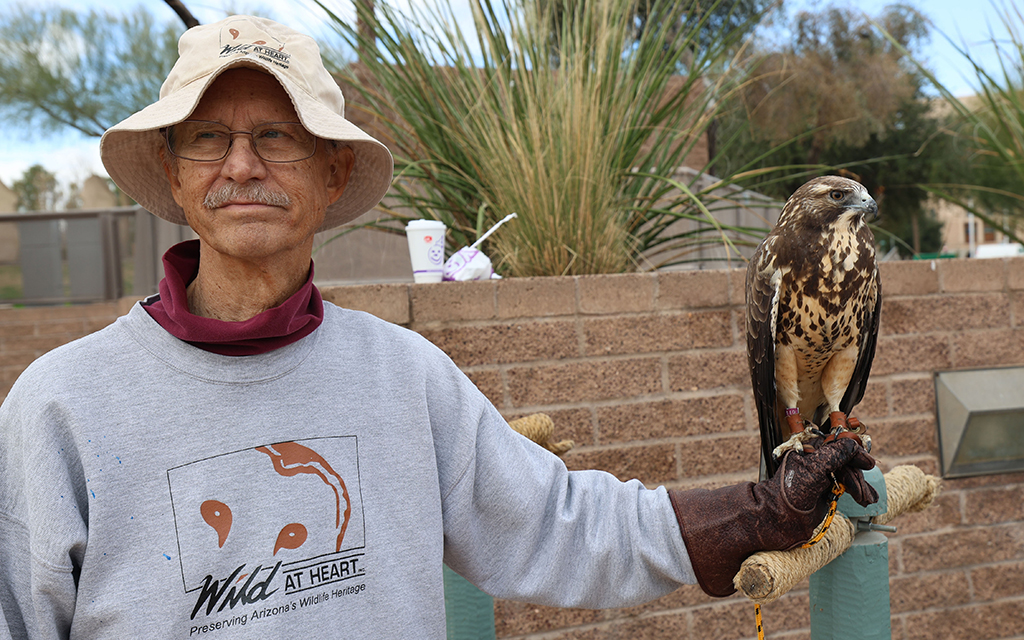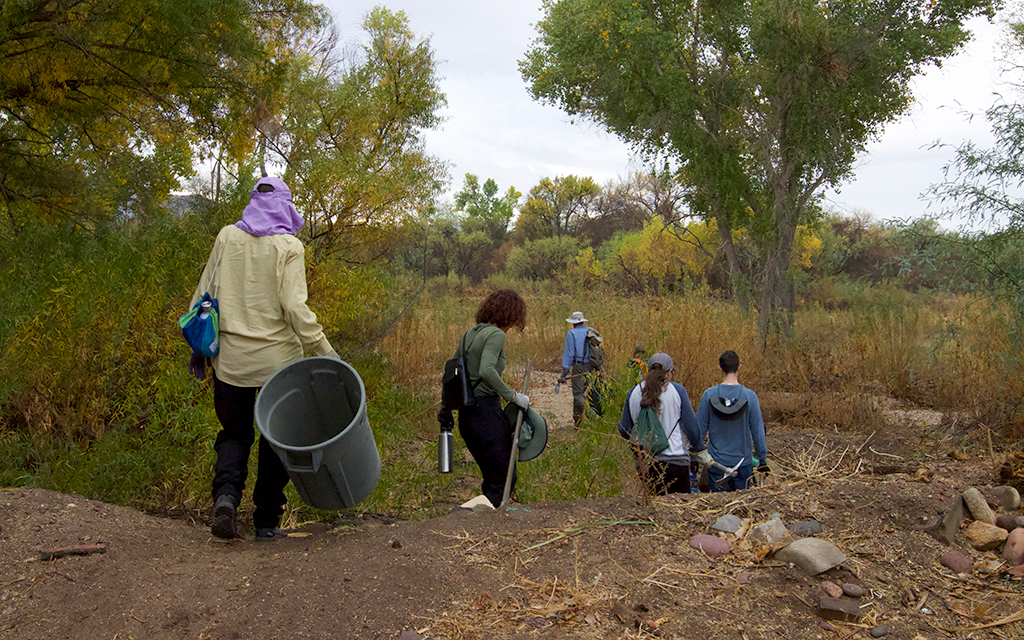Colorado River states offer competing proposals for managing water
The seven states that use water from the Colorado River proposed competing plans to the federal government this week on the river's future management, with upper and lower basin states offering their own visions.
If trees could talk: Tree rings show recent decades warmest in 500 years
The current Western megadrought is unlike any other dry period the region has experienced over the past 500 years. That’s according to a new study in which scientists looked at tree rings to track changing temperatures going back to 1553.
Arizona leaders take advantage of Inflation Reduction Act tax credits for sustainability projects
PHOENIX – Leaders of Arizona’s public, private and nonprofit sectors discussed financial incentives in the Inflation Reduction Act, explaining how they will use available federal funds for environmental efforts and renewable energy projects.
Chub snub? Advocates question plan to protect threatened Colorado River fish
Federal water managers proposed a new plan to protect the humpback chub, a threatened native fish species in the Colorado River and its tributaries, but conservation groups say it does not go far enough.
Federal regulators deny permits for hydropower projects on Navajo Nation
Federal energy officials took the unusual step of denying permits Thursday to several pumped hydropower projects proposed on the Navajo Nation, citing a new policy that gives tribes a greater voice in projects on their lands - a move welcomed by advocates.
Ajo Center for Sustainable Agriculture teaches next generation farmers sustainable practices
AJO – Sterling Johnson from the Ajo Center for Sustainable Agriculture is teaching the next generation of Indigenous farmers how to connect with the land and the culture through sustainable growing techniques.
Rain check: How Arizonans can prepare for rainy drives
PHOENIX – As Arizona gets winter rain, ADOT and local experts remind drivers of important safety habits to keep in mind while on the road. From vehicle maintenance to awareness of road conditions, Arizonans are urged to slow down and remember to get their cars inspected by professionals.
Arizona rock climbers speak out against National Park Service, U.S. Forest Service proposal to restrict anchors
TUCSON – The National Park Service and the U.S. Forest Service drafted policy in November that could prohibit climbing anchors in wilderness areas around the country. The Climbing Association of Southern Arizona is one of several climbing organizations speaking out against the proposals, saying that they would discourage and endanger climbers.
Lessons from abroad: the environmental and social costs to lithium mining in Argentina
One of North America's lithium mining powerhouse companies has lobbied for a record $1 billion Department of Energy low-interest loan — despite having never owned or operated any kind of mine in the U.S.
Environmental groups champion nature, wildlife and water to Arizona policymakers
PHOENIX – Activist groups and legislators gathered at the state Capitol for “Environmental Day” to address nature, wildlife and water. With the “Save Water, Save Life” theme, dozens of groups advocated for legislative changes and support for the environment and general sustainability.
Watershed Management Group removes invasive plants to aid in river flow, land restoration in Tucson
TUCSON – Tucson-based nonprofit Watershed Management Group works to restore area waterways by removing invasive arundo from riparian preserves. The reedy arundo takes water from other plants, negatively affects the ecosystem, increases flood risk, decreases vegetation and trees, and reduces groundwater used for irrigation and reclamation.
Gardening helps protect threatened bees in Arizona
PHOENIX – Urban expansion limits bees’ habitat options, putting more space between the bees and the water and food sources they need access to. But community members can attract native bees to their gardens and help them thrive by planting native, desert-acclimated wildflowers.
